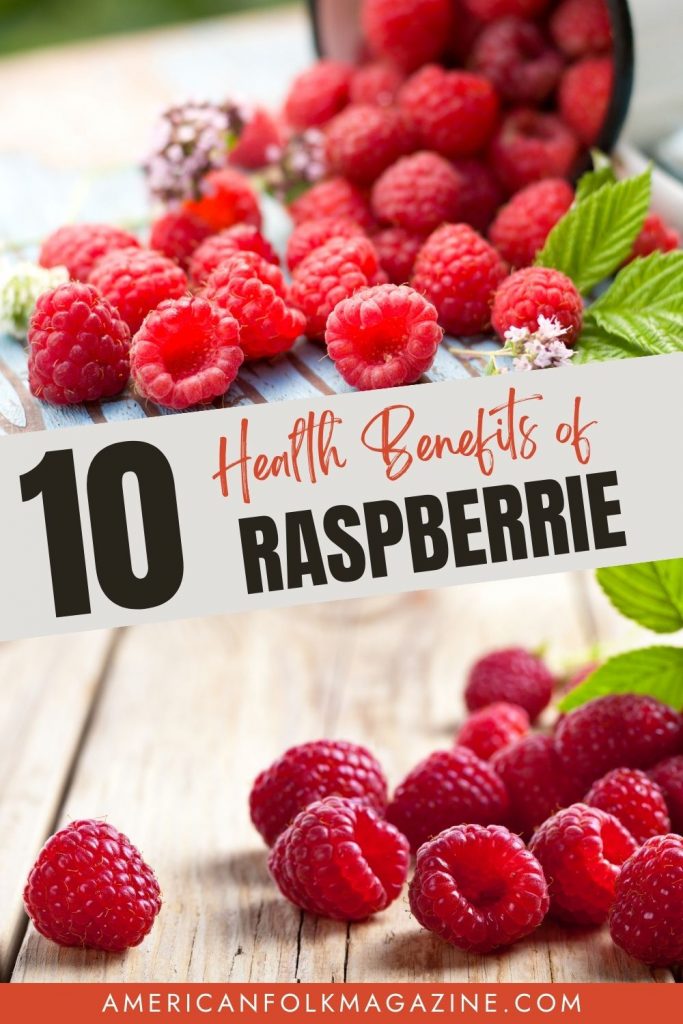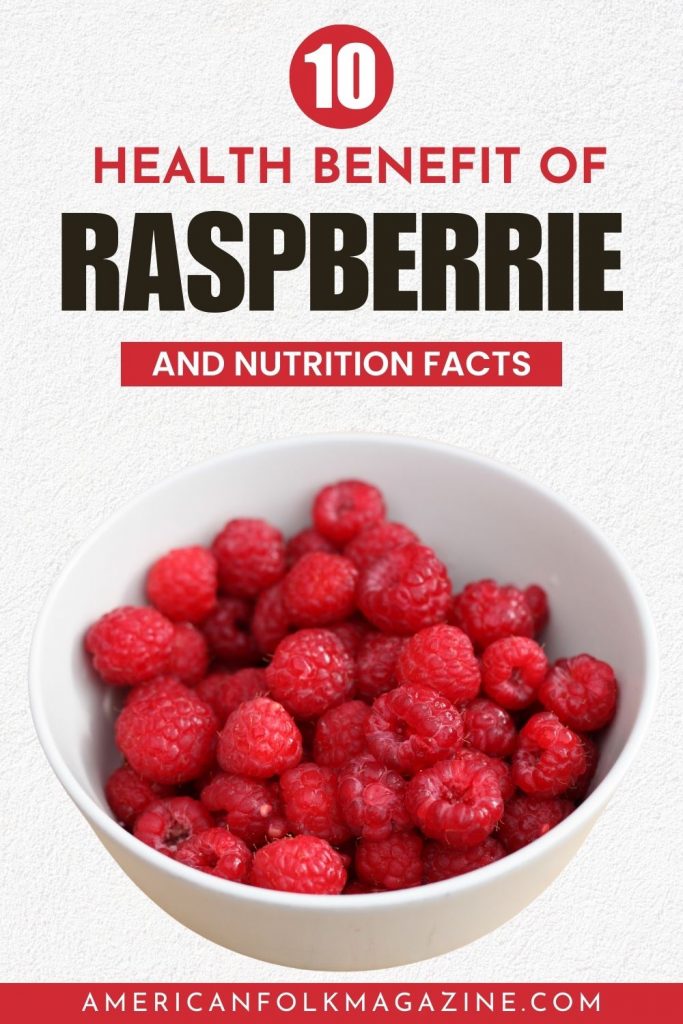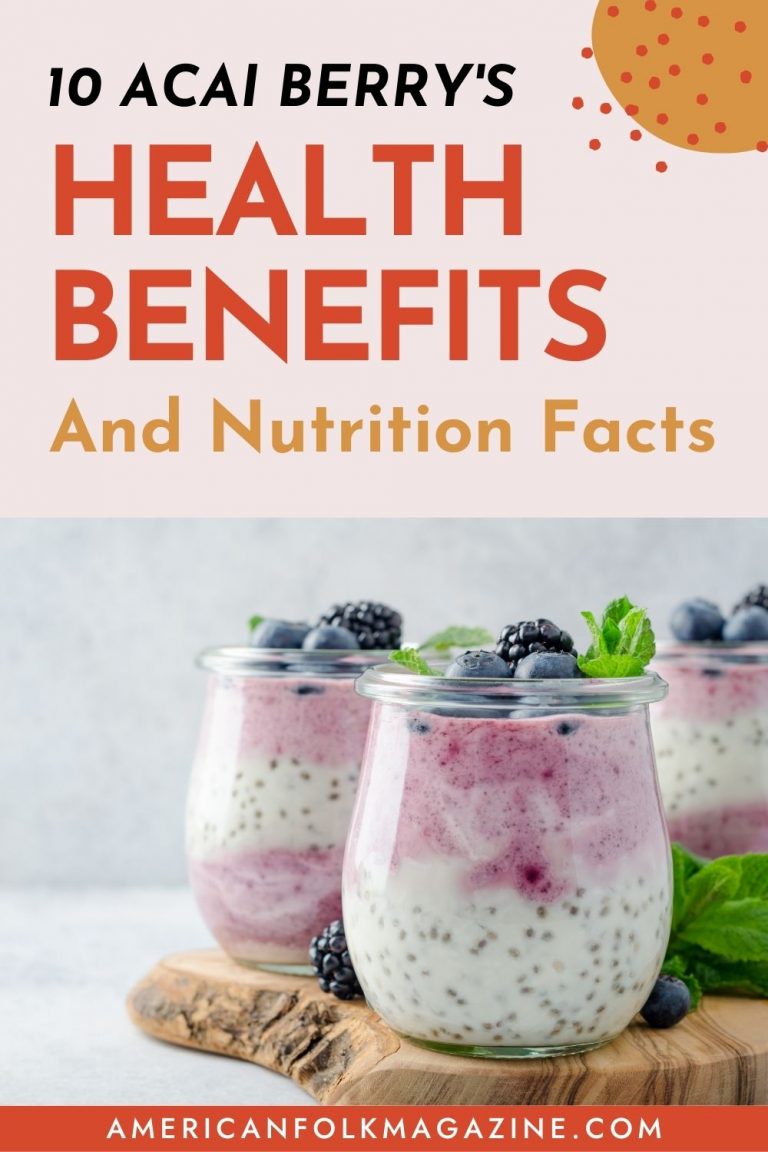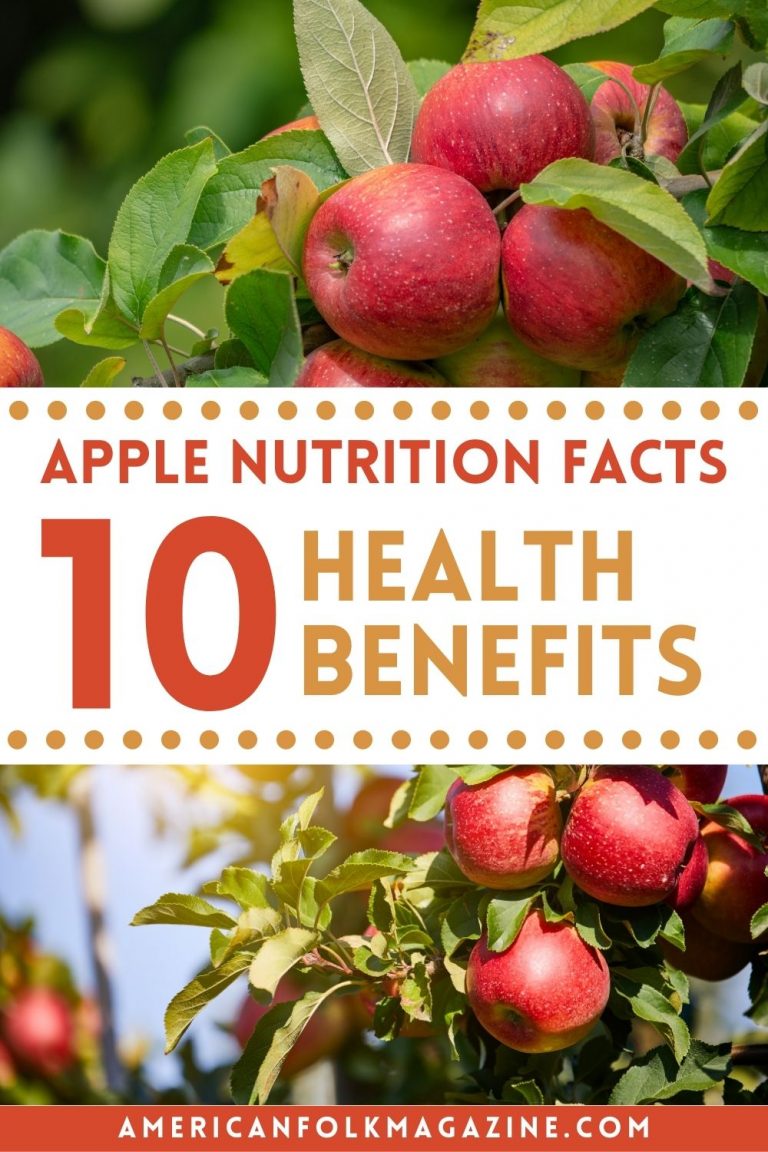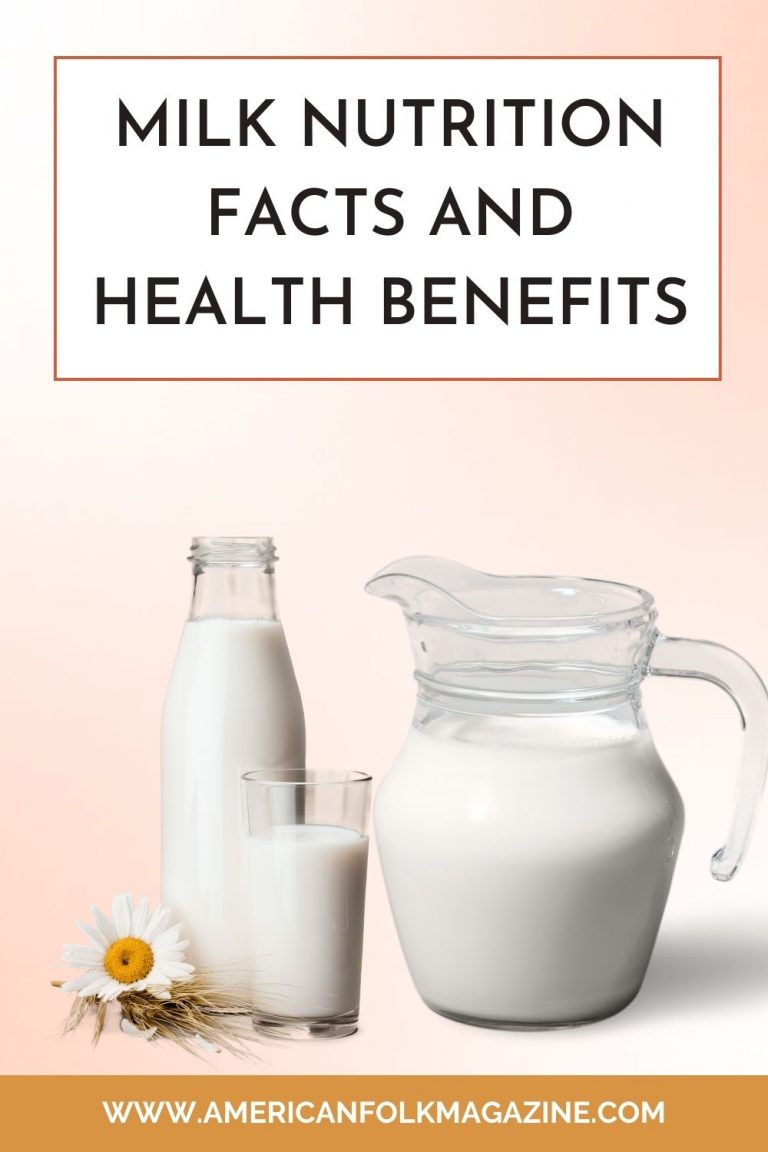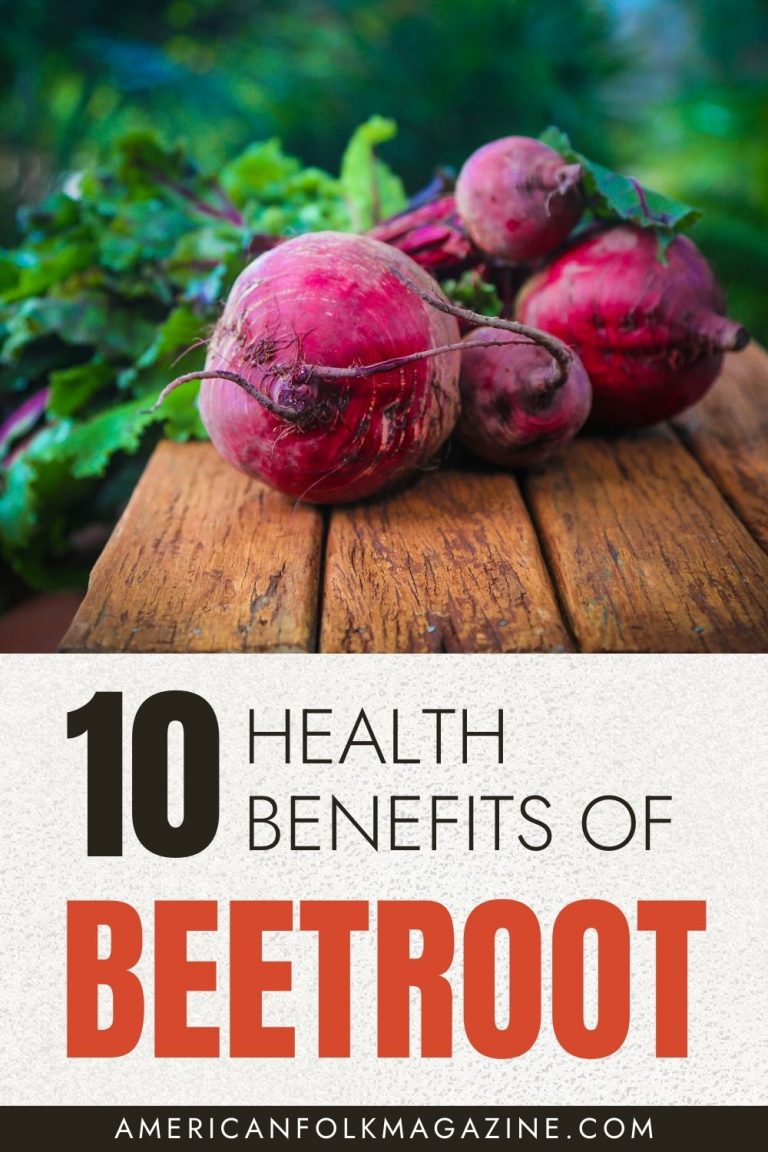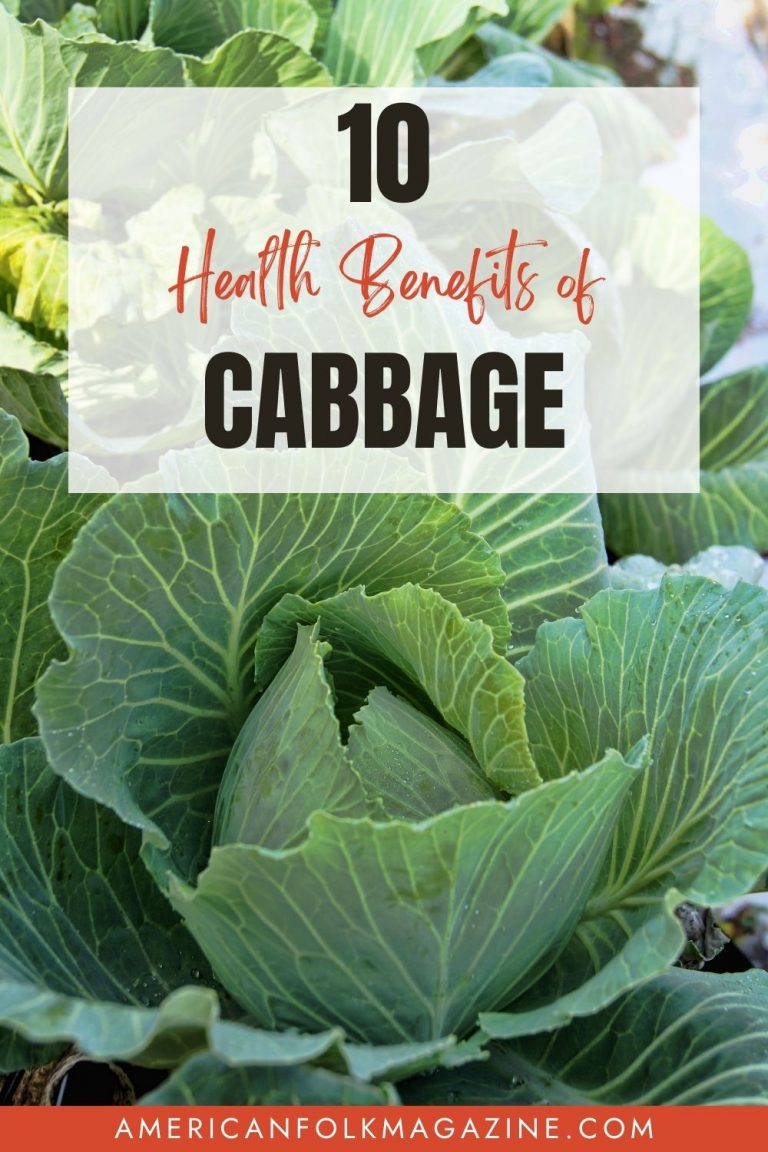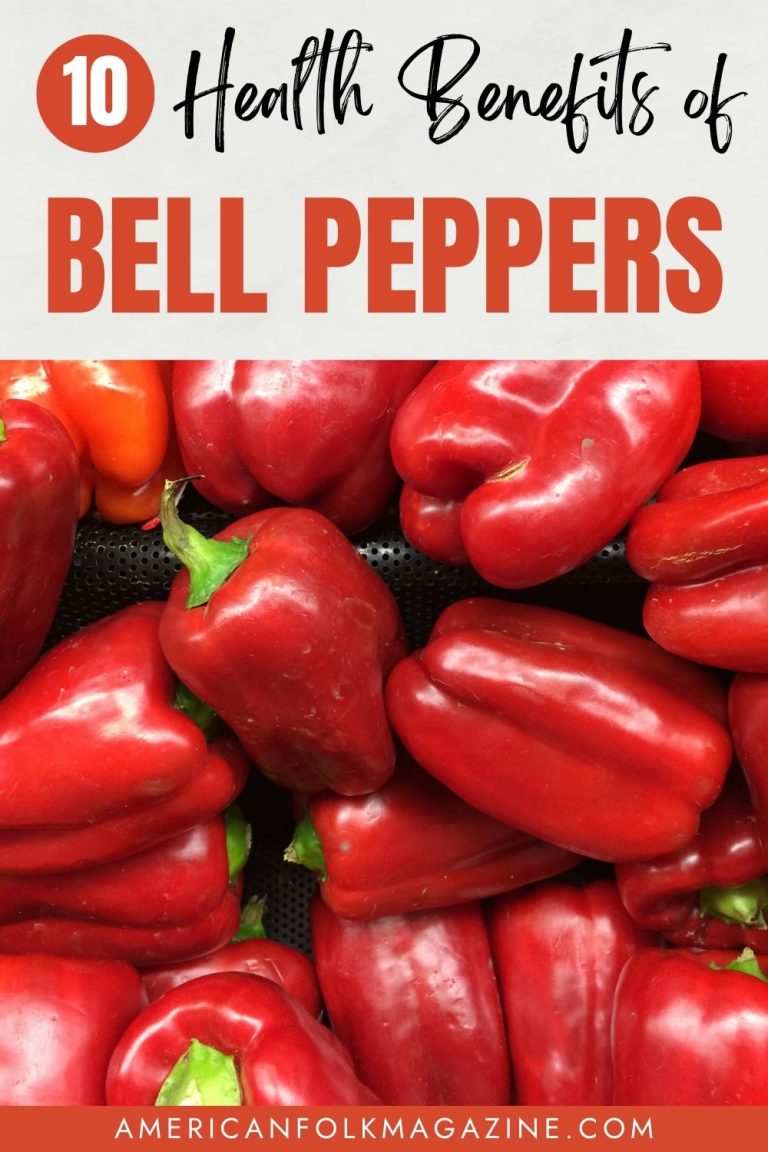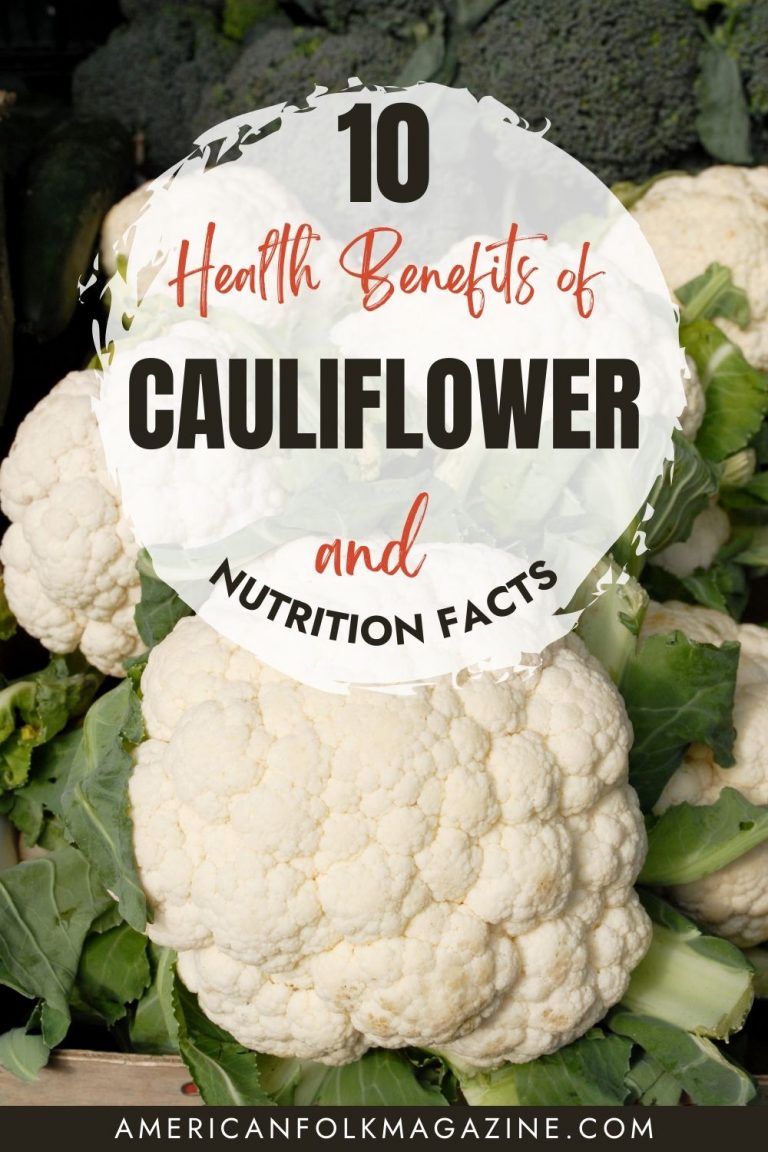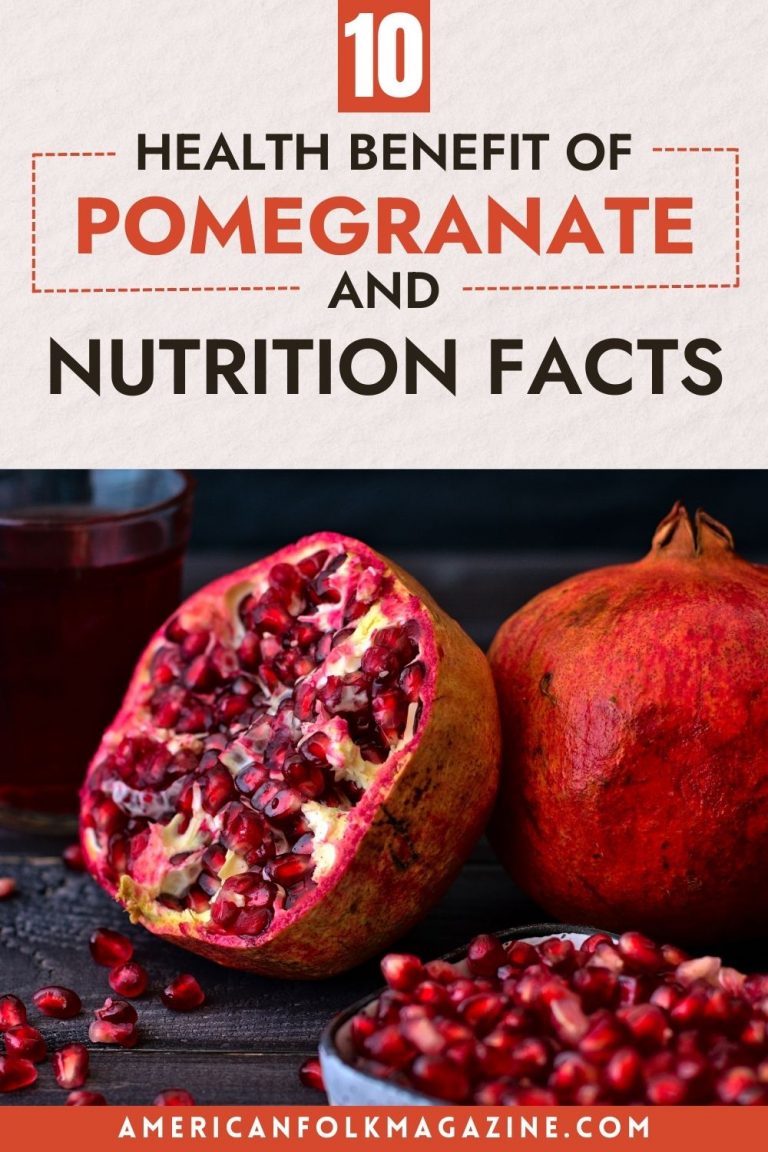Raspberries are not just delightful to the taste buds, but also a treasure trove of health benefits. Bursting with vibrant color, these tiny berries are packed with vitamins, fiber, antioxidants, and other essential nutrients, making them a wonderful addition to any diet.
In this article, I’ll walk you through the nutritional composition of raspberries and highlight ten key health advantages they offer.
Nutritional facts
If you’re like me, you’re not just eating raspberries for their delicious taste, but also for the incredible nutritional benefits they offer. Let’s take a closer look at the nutritional profile of these tiny, yet mighty, fruits.
| Nutrient | Value per 100g |
|---|---|
| Calories | 52 |
| Protein | 1.2g |
| Fat | 0.7g |
| Carbohydrates | 11.9g |
| Dietary Fiber | 6.5g |
| Sugars | 4.4g |
| Vitamin C | 26.2mg |
| Manganese | 0.9mg |
When you look at the table, it’s clear to see why raspberries are often hailed a superfood. Not only are they low in calories and fats, they’re also packed with dietary fiber and a wealth of essential nutrients.
What really stands out to me, however, is their vitamin C and manganese content. These two nutrients play a critical role in our health, acting as powerful antioxidants that protect our body against damage from harmful free radicals.
Note: The nutritional values might slightly vary depending on the type and ripeness of the berries, but the benefits remain substantial nonetheless.
10 Health benefits of Raspberry
Let me tell you, friends, that raspberries are more than just a sweet and tart treat. They come packed with an impressive range of health benefits. So, let’s explore these little red gems a bit more, shall we?
1. Packed with Antioxidants
Raspberries are a powerhouse of antioxidants like Vitamin C, quercetin, and ellagic acid. These compounds fight off harmful free radicals in the body, protecting your cells from damage. So next time you’re reaching for a snack, make it a handful of raspberries.
2. Boosts Immune System
With their high vitamin C content, raspberries can give your immune system a real boost. I’ve found that adding them to my morning cereal or smoothie works wonders, especially in the cold season.
3. Aids in Digestion
Raspberries are high in dietary fiber which aids in digestion and prevents constipation. You’ll find that a regular dose of raspberries can help keep your gut happy and healthy.
4. Heart Health
The potassium in raspberries helps regulate the heart’s electrical functions, and their fiber content reduces the risk of heart disease. So, adopting a raspberry-filled diet may just keep your heart beating strong.
5. Diabetes Management
Raspberries have a lower glycemic index which means they cause a slower rise in blood sugar, making them an excellent choice for folks with diabetes. As a tip, pair them with a protein for a balanced snack.
6. Eye Health
Raspberries are rich in eye-friendly nutrients like vitamin C, vitamin A, and phenolic antioxidants that can help protect your eyes from age-related degeneration. A raspberry a day may keep the eye doctor away.
7. Bone Health
Did you know that raspberries contain a good amount of calcium and vitamin K? These nutrients contribute to bone health, making raspberries a tasty way to strengthen your skeleton.
8. Weight Loss
The fiber in raspberries can help you feel full and satisfied, assisting in weight loss. So, next time you’re craving a sweet treat, reach for the raspberries instead.
9. Anti-Inflammatory Properties
Studies have suggested that the antioxidants in raspberries have anti-inflammatory properties. This can be beneficial for those suffering from chronic pain or inflammation.
10. Skin Health
Finally, raspberries can contribute to skin health. Their antioxidants and water content can help keep your skin hydrated and delay signs of aging. Trust me, your skin will thank you for it.
So there you have it. Raspberries are not just a delicious berry, they’re a health-boosting superfood.
How to incorporate Raspberry into your diet
I can assure you, incorporating raspberries into your daily routine is not as difficult as you might think. The natural sweetness and versatility of this fantastic fruit can make it a delightful addition to many meals and snacks. Here’s how you can start:
- Adding to Breakfast: One of the easiest ways to get started is by adding raspberries to your breakfast. You can scatter some on top of your cereal, blend them into a smoothie, or add them to your morning bowl of oatmeal.
- Mixing with Salads: An unexpected yet delicious use of raspberries is in salads. The slight sweetness of the fruit pairs wonderfully with the crispness of fresh greens. Add some feta cheese and a raspberry vinaigrette for a refreshing lunch option.
- As a Snack: Of course, nothing beats the simplicity of snacking on fresh raspberries. Pack a small container of raspberries for a quick, nutritious snack during your break.
- Creating Desserts: Raspberries can also be used to lighten up your favorite desserts. Try making a raspberry sorbet, or use them as a topping on a sugar-free cheesecake.
Let’s not forget about the potential of raspberry in beverages. From cool, refreshing smoothies to warm, comforting teas, raspberries can indeed elevate the flavour and nutritional content of your drinks.
Remember, fresh, ripe raspberries offer the most health benefits, but if they’re out of season or hard to come by in your area, frozen raspberries can be a great alternative. They retain most of the nutrients and are perfect for smoothies and baked goods.
And if you’re feeling particularly adventurous, why not try making some homemade raspberry jam or sauce? I promise you, once you start incorporating raspberries into your meals, you’ll wonder how you ever managed without them.
Potential Side Effects and Precautions
Although raspberries are generally safe for most people, excessive intake may lead to certain side effects. Let’s explore some potential issues, along with a few precautions you should keep in mind.
Potential Side Effects
- Stomach issues: Raspberries are high in fiber, which is great, but too much fiber can cause digestive issues such as bloating, gas, or diarrhea.
- Allergies: Some people may have an allergy to raspberries. Symptoms might include itching or swelling in the mouth, hives, and in severe cases, difficulty breathing.
Precautions
There are a few precautions to keep in mind when incorporating raspberries into your diet.
- Be wary of pesticides: Raspberries are often heavily sprayed with pesticides. To reduce your exposure, consider buying organic or washing the berries thoroughly before eating.
- Watch out for mold: Raspberries are susceptible to mold due to their delicate nature and high moisture content. Always check for signs of mold before consuming.
- Keep track of your raspberry intake: Since raspberries are high in fiber, overeating could lead to digestive troubles. Monitor your intake, especially if you have a sensitive stomach.
Conclusion
In conclusion, while raspberries are a powerhouse of nutrition and offer an array of health benefits, it’s important to consume them in moderation. Always check for signs of allergies, especially if you’re new to eating this fruit. Also, be mindful of potential pesticide exposure and mold development. With these precautions in hand, you’re all set to enjoy the savory and nutritious raspberries!
References
- https://fdc.nal.usda.gov/fdc-app.html#/food-details/167755/nutrients
- https://www.healthline.com/nutrition/raspberry-nutrition
- https://www.medicalnewstoday.com/articles/283018
Pin It In Your Board
